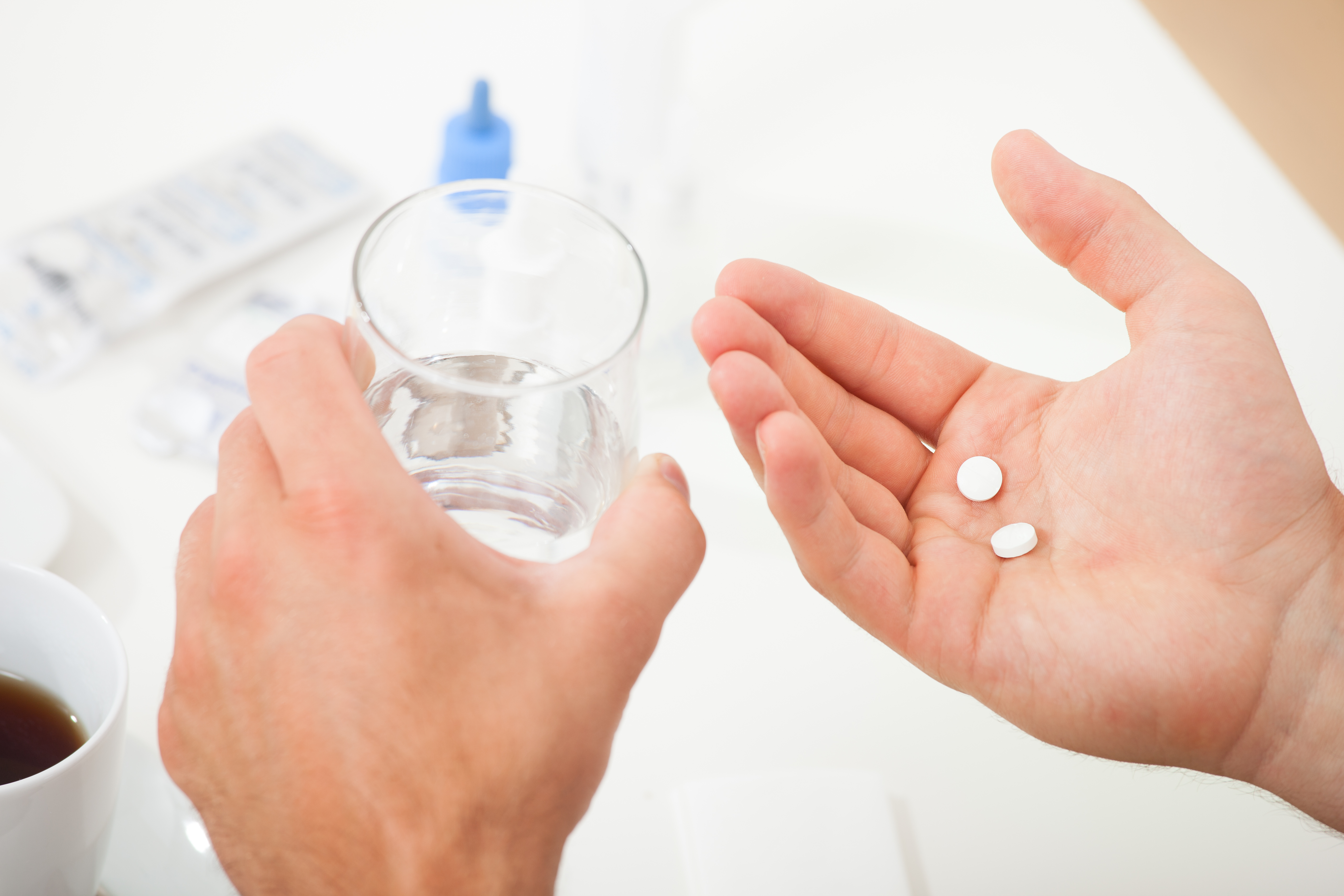A new clinical trial study is currently underway at fourteen different sites across the world, including the UT Southwestern Medical Center, evaluating the use of allopurinol in the prevention of diabetic nephropathy in patients with type 1 diabetes. The goal of the study is to determine whether the commonly used drug for reduction of uric acid can be used for the prevention of diabetic nephropathy, an early-stage condition that affects the kidneys and is a frequent complication in diabetic patients.
Diabetes is the 7th leading cause of death in the US according to the Centers for Disease Control and Prevention (CDC). Type 1 diabetes is an autoimmune disease that causes high blood sugar and leads to secondary kidney disease in more than 38 percent of the sufferers. Type 1 diabetes is less common than type 2 diabetes, although it still affects about 1.25 million US citizens per year according to the Juvenile Diabetes Research Foundation (JRDF).
Diabetic nephropathy is the top reason for patients needing dialysis in the US and, while much is being done to help these people, still more needs to be undertaken, according to Dr. Ildiko Lingvay, an Associate Professor of internal medicine in the field of endocrinology at UT Southwestern.
The clinical trial study, called PERL or “Preventing Early Renal Loss in Diabetes”, is based on a smaller study showing that diabetic patients with elevated uric acid levels were more likely to suffer kidney disease, and consequently to undergo dialysis, in comparison to patients without elevated uric acid levels.
“The preliminary work that led to this study examined large databases for factors that were predictors for progression of nephropathy,” explained Dr. Lingvay in a news release. “Regardless of the models used or the risk factors evaluated, the level of uric acid always seemed to be a strong predictor of nephropathy. The higher the uric acid levels, the more likely it was that the nephropathy was progressing, hence the idea of using allopurinol, which lowers uric acid levels.”
The concept behind the trial, funded by the National Institutes of Health (NIH), is to determine if decreasing the uric acid level in type 1 diabetic patients with early kidney disease can slow the decline in renal function or perhaps prevent renal disease altogether in these patients.
The study plans to provide participants an ACE inhibitor or angiotensin receptor blocker, medication commonly used in patients with diabetes to prevent nephropathy. Along with these drugs, a part of the participants will be given allopurinol and the other part a placebo drug. Allopurinol is a xanthine oxidase inhibitor that is usually used to treat the elevation in uric acid, kidney stones or gouty arthritis. If effective, the addition of allopurinol to the drug regimen of patients with diabetes is inexpensive and may help these patients avoid undergoing dialysis to manage their diabetic nephropathy.
“What’s nice about this study is that we are repurposing an old drug that is cheap and has a demonstrated safety record,” concluded Dr. Lingvay. This means that if allopurinol is proven effective for diabetic nephropathy, it can be immediately instituted for diabetics everywhere at risk for the condition.


